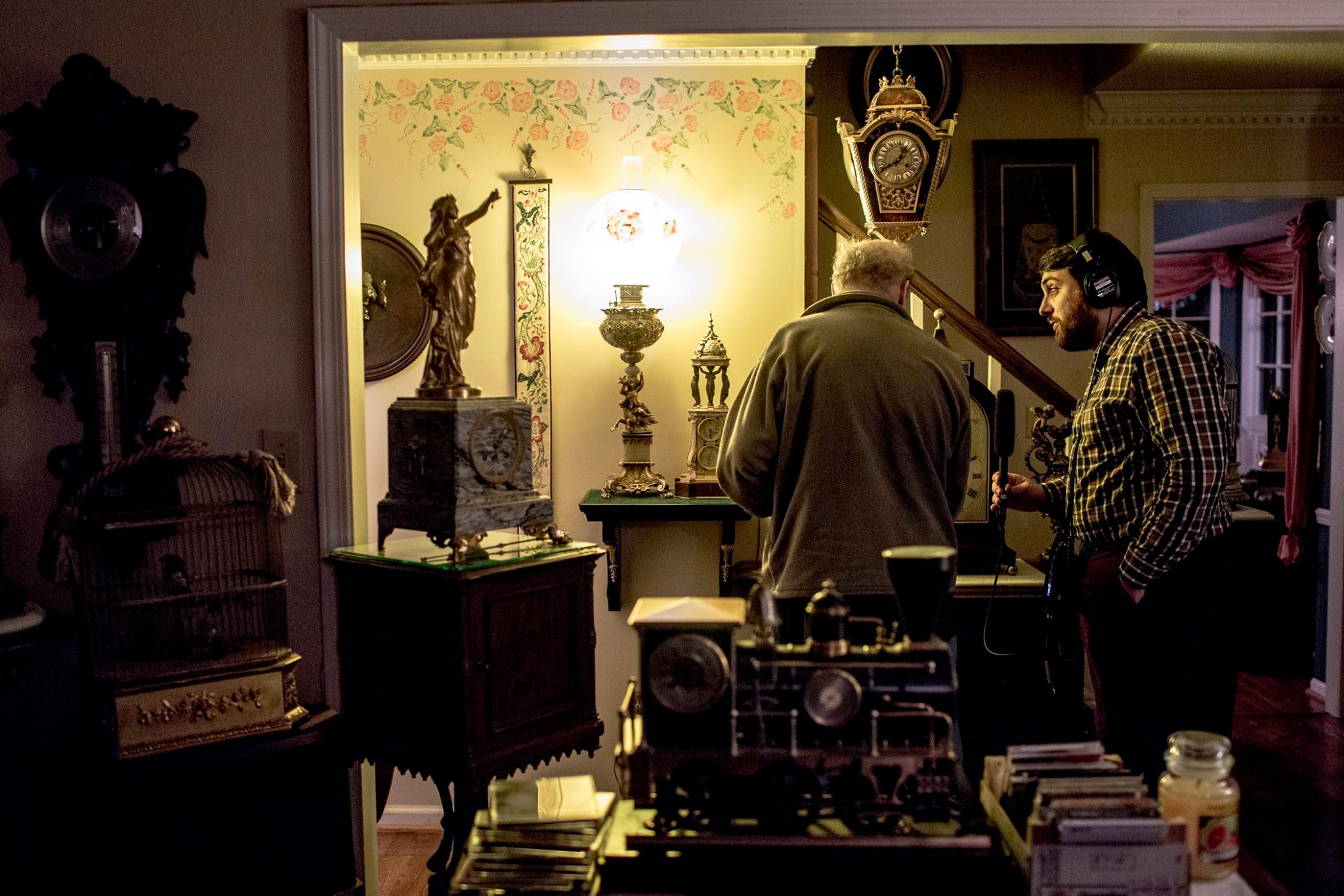Why S-Town is an offensive invasion of privacy
Should we really be privy to these intimate details?


Like so many others, I recently got caught up in the podcast S-Town. Without a doubt, S-Town is one of the most "brilliant pieces of creative non-fiction" I have ever experienced. The people interviewed are personable and intriguing, the host's commentary thoughtful and nuanced. And it's incredibly addictive, luring listeners to binge through the show's seven episodes.
But 24 minutes into the show's sixth chapter, I called it quits. Not because I found it boring, but because it made me feel really, really guilty.
The podcast, in a nutshell, began as a wild goose chase instigated by repeated emails received by Brian Reed, a producer for This American Life. The emails were from John B. McLemore, a middle-aged man living in Woodstock, Alabama, outlining all the reasons he hates his "shit town." John B. suggested the local police force is corrupt and has covered up a murder. This is what he wanted Reed, and the entire team at This American Life, to come down and investigate. After plenty of back-and-forth correspondence, Reed headed to Alabama.
Subscribe to The Week
Escape your echo chamber. Get the facts behind the news, plus analysis from multiple perspectives.

Sign up for The Week's Free Newsletters
From our morning news briefing to a weekly Good News Newsletter, get the best of The Week delivered directly to your inbox.
From our morning news briefing to a weekly Good News Newsletter, get the best of The Week delivered directly to your inbox.
From the start of S-Town, it's clear that John B. is the star of the podcast. He is foul-mouthed, unapologetically frank, with a uniquely dark view of the world in which he lives. I immediately found him delightful and relatable. As I listened to him rant about climate change, I couldn't help but recall the despondent back-and-forth my siblings and I have engaged in since the election. In short: Within 10 minutes of listening to the first chapter, I loved John B., and he had my full devotion.
If you haven't listened to the podcast, this is where you should stop reading. Major spoilers follow.
The scope of the story changed entirely in chapter two. Not long after it became clear that the murder cover-up was a rumor gone wild, Reed received a phone call with news that John B. is dead. He had taken his own life. This hit me like a truck. I was sick over it, but I was hooked. I took a few minutes to digest this loss, and then I kept listening. My hope was that the story would pivot, honoring John B. while still telling the story of Woodstock and the people who live there, or focusing on finding the hiding spot of John B.'s unbanked wealth.
Instead, Reed decided to place John B. under a microscope. He wanted to to know who John was and the events that led to his death. As I listened to Reed interview the woman who was on the phone with John B. at the time of his death, and she described how it took place, I knew I should turn it off. I started to feel even more uncomfortable when it became clear that Reed seemed interested in publicly exploring John B.'s mental health, and his sexuality.
This kind of exploitation doesn't seem fair. John B.'s life deserves to be honored, not sifted through, sensationalized, and exposed. This was privileged information I was listening to, along with approximately 1.8 million subscribers, and John B. wasn't alive to confirm, clarify, or offer a rebuttal to how he will remembered in his death. I felt guilty taking such pleasure in learning the deep intricacies of someone's life without their clear consent or input.
I think part of my guilt stems from my own mental health struggles. A year and a half ago, I was slogging through the worst days of my depression before a little blue pill lifted me out of my fog. While I am not ashamed of my depression and anxiety, I am certain that those days of despair, of struggling to get out from under the covers each morning, are not the parts of my life I would want to be remembered for.
Many of the people in John B.'s life had made assumptions about his sexuality, but very few people actually knew. It was clear he was careful about who he talked to concerning his romantic life, even asking Reed to turn off the microphone at one point. This is where Reed lost me entirely — when he admitted he is retelling something John B. shared with him off the record. Reed's justifications for doing this are less than convincing, as Aja Romano explains at Vox. While I've only read about the the final episode, I know enough to know the invasive nature of the podcast only escalated.
I wish it hadn't taken me five-and-a-half episodes to turn S-Town off, to remind myself that John B. was a human being with the right to a certain level of privacy, not of a form of entertainment, a way to pass time as I drive from place to place.
Sign up for Today's Best Articles in your inbox
A free daily email with the biggest news stories of the day – and the best features from TheWeek.com
Mary is a freelance writer living in the Midwest. She writes primarily about family life, food, and mental health. Mary's work has bee featured by Vice Munchies, SheKnows, Babble, and DailyWorth.
-
 Today's political cartoons - May 7, 2025
Today's political cartoons - May 7, 2025Cartoons Wednesday's cartoons - film industry tariffs, self-deportation, and more
-
 Weer at Soho Theatre Walthamstow: a 'silly, seductive, slapstick joy'
Weer at Soho Theatre Walthamstow: a 'silly, seductive, slapstick joy'The Week Recommends Natalie Palamides' 'tear-inducingly funny' one-woman show opens London's newest venue
-
 Can the world stop Israel from starving Gaza?
Can the world stop Israel from starving Gaza?Today's Big Question Total blockade on food and aid enters its third month, and Israel is accused of 'weaponising starvation'